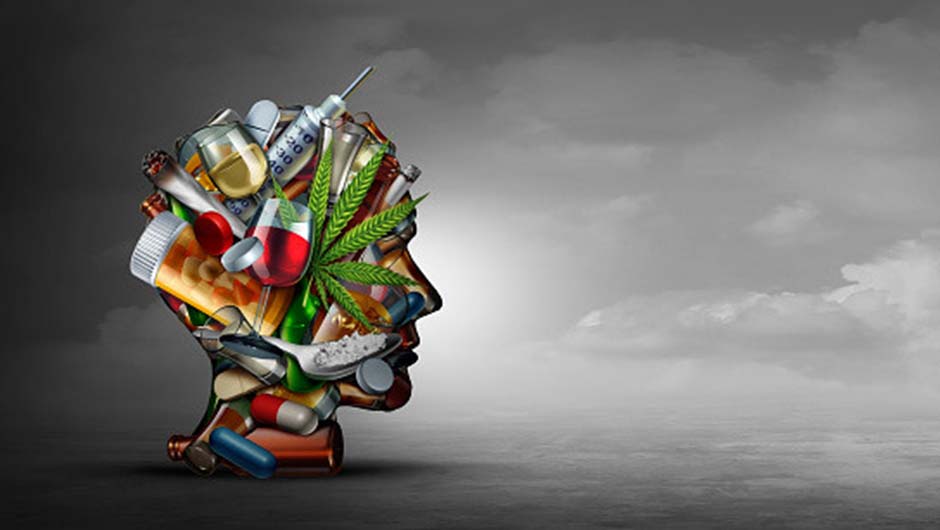By using our website, you agree to the use of cookies as described in our Cookie Policy
Just A Little Info About Substance Abuse, Addiction And Support!

Substance abuse and addiction are significant public health issues that can have devastating consequences for individuals, families, and communities. Substance abuse refers to the harmful use of drugs or alcohol, while addiction is a chronic brain disease characterized by compulsive drug seeking and use despite negative consequences.
The Dangers
Substance abuse and addiction can lead to a range of physical and mental health problems, including liver disease, HIV/AIDS, mental health disorders, and overdose. It can also have social consequences, such as problems with employment, relationships, and the legal system.
The Hope
Recovery from substance abuse and addiction is a long and often difficult process, but it is possible with the right treatment and support. Treatment may include a combination of therapies, such as cognitive-behavioral therapy, motivational interviewing, and 12-step programs, as well as at times medications.
The Power Of Community
One important aspect of recovery is having a supportive network of friends and loved ones. A circle of friends can provide emotional support, encouragement, and accountability during the recovery process. They can also help to create a safe and sober environment, which is essential for maintaining long-term recovery.
However, it’s important to recognize that supporting someone in their recovery can be challenging, and friends and loved ones may need to make adjustments to their own behaviors and lifestyles to help their friend maintain their sobriety. This may include avoiding activities or situations that could trigger a relapse, such as drinking or using drugs in social situations.
It’s also important for friends and loved ones to be patient and understanding, as recovery is a process that takes time and involves setbacks. It’s normal for people in recovery to experience setbacks and relapses, but with the right support and treatment, they can get back on track and continue on their journey to recovery.
Some How’s
There are several ways that friends and loved ones can support someone in their recovery:
- Educate yourself about addiction and recovery: The more you understand about the realities of addiction and recovery, the better equipped you will be to support your friend.
- Be a good listener: Let your friend know that you are there for them and that you are willing to listen without judgment.
- Encourage treatment: Encourage your friend to seek treatment and offer to help them find a program that is right for them.
- Create a sober social network: Help your friend to build a network of sober friends who can provide support and encouragement.
- Set boundaries: It’s important to set boundaries and make it clear that you will not enable their substance abuse.
- Encourage self-care: Encourage your friend to take care of themselves by exercising, eating well, and getting enough rest.
- Offer practical support: Offer to help your friend with tasks, such as running errands or providing transportation to treatment.
- Celebrate their achievements: Recognize and celebrate the progress that your friend is making in their recovery.
- Be there for the long haul: Recovery is a long-term process, and it’s important to be there for your friend through the ups and downs.
Being a supportive friend to someone in recovery can be rewarding, but it can also be challenging. It’s important to take care of yourself and seek support if you need it. There are many resources available for friends and loved ones of people in recovery, including support groups and online communities.
In conclusion, dealing with substance abuse and addictions can be challenging but there is hope! Recovery is possible and with a community surrounding them or you it’s much more likely! We are better together.



